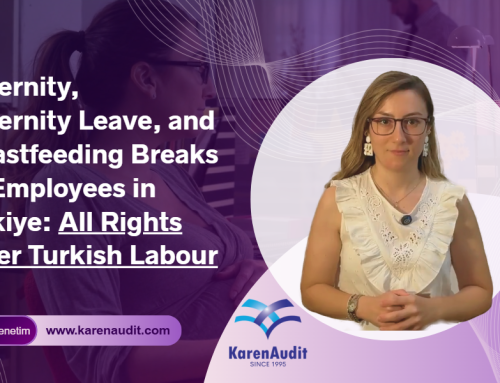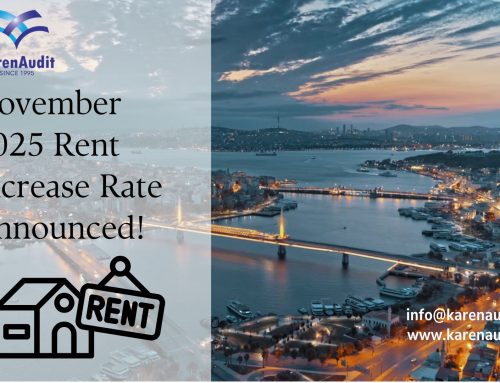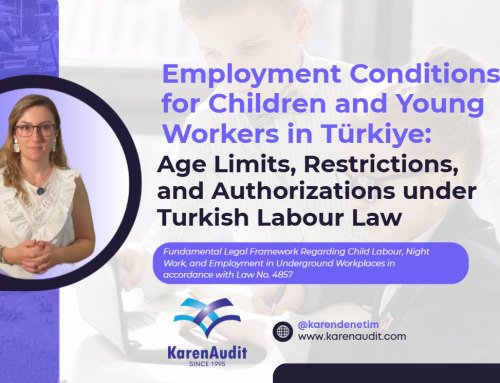According to the Moroccan Exchange Office, the net flow of foreign direct investment (FDI) reached MAD 13.1 billion (approximately $1.34 billion) by the end of April, marking a 48.6% increase compared to the same period in 2023.
Data compiled by the Office attributed this growth to various factors, including an improved investment climate and strategic government initiatives.
Economists point to Morocco’s well-developed infrastructure and skilled workforce as key drivers of FDI. The government’s efforts to create a business-friendly environment, with competitive policies and emphasis on local partnerships, have also contributed to the rise.
According to the Exchange Office, other additional factors include favorable global economic conditions, notably receding inflation and affordable investment costs. Morocco’s leadership in renewable energy, particularly wind and solar power, presents further investment opportunities for foreign companies.
The country’s reformed Investment Charter offers significant incentives for foreign investors, including subsidies that can reach up to 30% of the total investment.
Additionally, products manufactured through FDI benefit from the “Made in Morocco” label, granting them preferential customs treatment with key trade partners.
The implementation of the new Investment Charter in 2023 has facilitated the signing of major contracts in strategic sectors like renewable energy, electric mobility, and various industries.
These projects, including the construction of a large-scale battery factory, are expected to further strengthen Morocco’s position in global value chains and create skilled job opportunities.
The positive FDI trend suggests Morocco’s growing attractiveness as an investment destination. The country’s commitment to economic reforms and strategic partnerships is likely to contribute to sustained growth in foreign direct investment.
Source: Morocco World News
Legal Notice: The information in this article is intended for information purposes only. It is not intended for professional information purposes specific to a person or an institution. Every institution has different requirements because of its own circumstances even though they bear a resemblance to each other. Consequently, it is your interest to consult on an expert before taking a decision based on information stated in this article and putting into practice. Neither Karen Audit nor related person or institutions are not responsible for any damages or losses that might occur in consequence of the use of the information in this article by private or formal, real or legal person and institutions.






